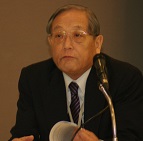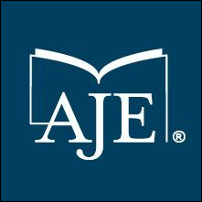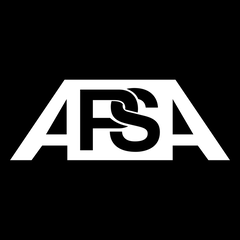Copyright and License
Authors’ Retention of Copyright
The Asian Review of Public Administration (ARPA) fully supports authors’ rights and intellectual property ownership. Authors retain full copyright over their original works published in the journal. Upon submission and acceptance, authors grant the journal a non-exclusive license to publish, distribute, and archive their work under the terms of the Creative Commons Attribution-NonCommercial 4.0 International License (CC BY-NC 4.0).
This agreement ensures that:
-
Authors maintain complete control over their intellectual property.
-
Authors can reuse, share, and republish their work in any form or on any platform, including personal websites, institutional repositories, books, and compilations, provided they acknowledge the original publication in The Asian Review of Public Administration.
-
Authors are empowered to disseminate their work widely without limitations or barriers.
What the License Permits
Under the CC BY-NC 4.0 license:
This agreement ensures that:
-
Non-commercial use: Anyone can copy, share, adapt, and redistribute the material in any medium or format for non-commercial purposes.
-
Attribution: Proper credit must be given to the original author(s), the journal, and the source, along with a link to the license. Users must indicate if changes were made.
-
Derivative works: Users can create derivative works based on the original article, as long as they comply with the non-commercial and attribution requirements.
For detailed terms, visit: https://creativecommons.org/licenses/by-nc/4.0/
Non-Commercial Usage Clarification
The CC BY-NC 4.0 license specifically prohibits commercial use without prior permission. Examples of commercial use include:
-
Using published content in commercial products, advertisements, or paid services.
-
Reproducing or distributing content for financial gain.
-
Including the material in commercial publishing projects without securing additional permissions.
For any intended commercial use, users must obtain explicit, written permission from the copyright holder (the author) and/or the journal.
Authors’ Unlimited Rights
Authors have the unrestricted right to:
-
Reproduce, distribute, and publicly display their work.
-
Incorporate the published article into future works such as books, edited volumes, and teaching materials.
-
Share and deposit the article in institutional or subject-specific repositories.
-
Use the material for personal, academic, or educational purposes without limitations.
All such uses must include proper citation of the original publication in ARPA.
Copyright Infringement and Ethical Responsibilities
The Asian Review of Public Administration is deeply committed to ethical publishing and compliance with the standards of the Committee on Publication Ethics (COPE). If you believe that any content published in ARPA infringes upon your copyright or the copyright of someone you represent, please contact the editorial office promptly.
Contact for copyright inquiries:
Email: secretariat@eropa-arpa.co
The editorial team will investigate all copyright concerns thoroughly and take appropriate actions, which may include corrections, retractions, or removal of infringing content, following COPE best practices.












